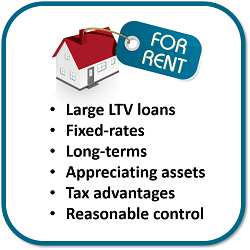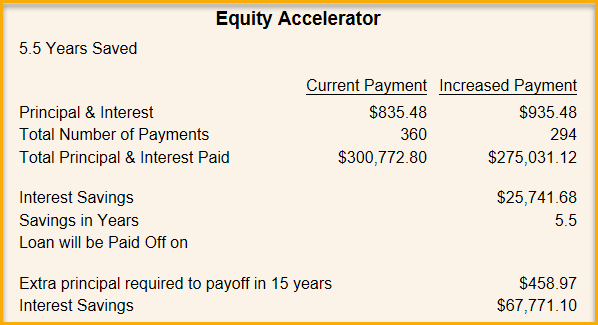Should I buy a Home?
Some would-be buyers have emotional reasons to own a home like having a place of their own where they can raise a family, feel safe and secure and enjoy their friends’ company. Other buyers’ dominant reasons might be financial in nature such as building equity or lowering their cost of housing.
Regardless of what might be motivating people to want their own home, it is easy to justify that now is a good time to purchase.
Let’s look at a $250,000 example using a FHA loan. The total payment will be about $1,835 dollars a month. If the payment is lower than the rent a person is paying, that should encourage a person to continue investigating. In this example, when you consider the monthly principal reduction, the monthly appreciation and the tax savings, even with money added for monthly maintenance, the net cost of housing is less than half the total house payment. Considering all those advantages, the would-be buyer is spending over $1,100 per month more to rent than it would be to own. In a year’s time, they would lose close to $14,000 which is more than the down payment of $8,750 required on this price home.
Most would-be buyers understand that a home is a big investment but they may not understand the advantage of the leverage caused by the low down payment mortgage. The benefits extend beyond a return on the down payment but to the value of the home. In this example, the $8,750 down payment grows to an equity of $73,546 in seven years based on 2% annual appreciation and normal amortization on a 30-year loan. If you calculated that as a rate of return, you’d be challenged to find anything that could compare with it.
Thinking of buying a home now? Call one of our buyer specialists at 301-870-1717 for a free, no hassle consultation.










